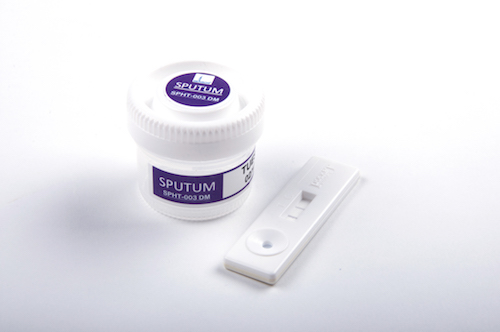Biomarkers
A biomarker usually refers to a substance whose detection indicates a particular state, for example the presence and concentration of a bacterial or viral protein or an antibody to bacterial or viral protein (antibody positive) may indicate an infection or the progression of infection.
A biomarker can also be used to describe a change in expression or state of one of our own proteins that correlates with the risk or progression of a disease, or with the susceptibility of the disease to a given treatment, for example glycosylated haemoglobin (HbA1c) levels in the blood of diabetics.
Biochemical biomarkers can also include: blood glucose and cholesterol. We could also broaden the definition to include other parameters such as INR (a laboratory test called International Normalized Ratio), which measures the time it takes for blood to clot and compares it to an average. Monitoring the INR can be an important step in managing health in a range of conditions, such as Lupus and Hughes Syndrome and tracking this alongside other parameters such as food types can be important.
Activ8rlives is presently developing home-based tests for people with lung disorders, such as Asthma, COPD and Cystic Fibrosis to provide advanced warning of the onset of recurrent lung infections from Pseudomonas aeruginosa (see Clinical Trials).

